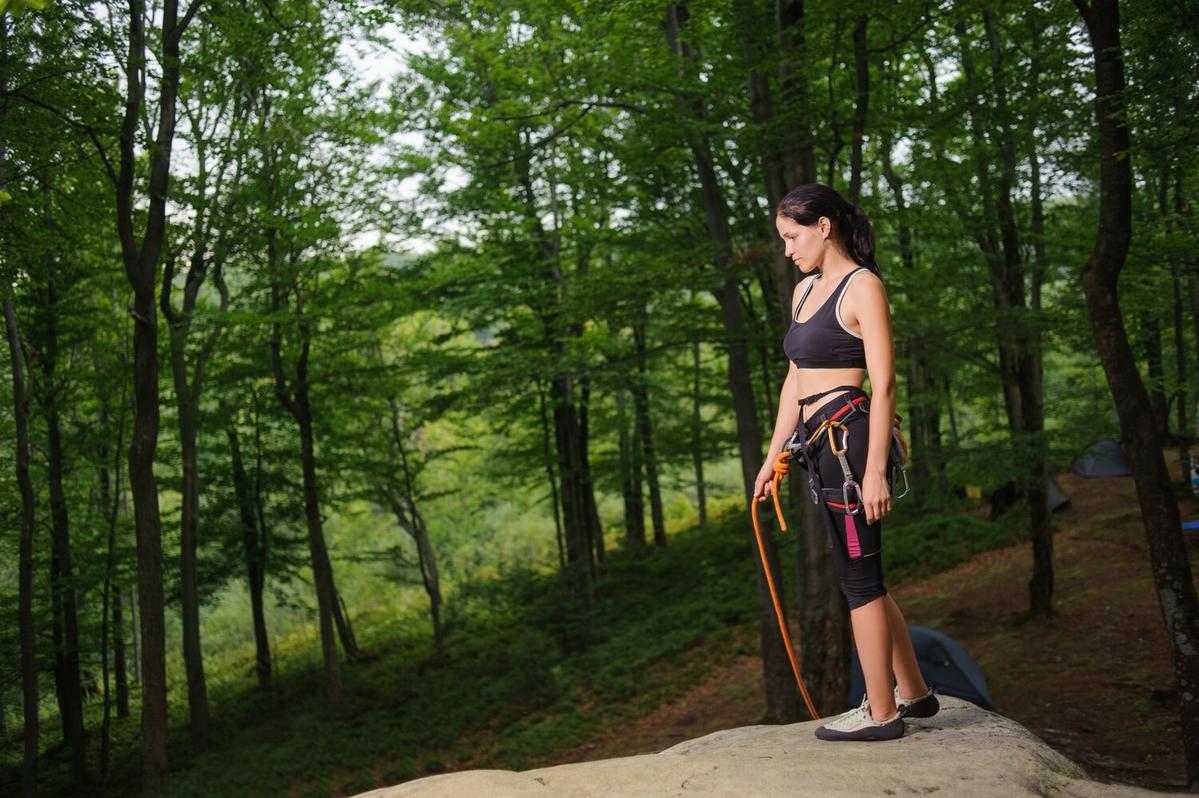Are you looking for a way to boost your physical and mental well-being while enjoying the great outdoors? Hiking might be the perfect solution for you. This activity offers a multitude of health benefits that go beyond just getting some fresh air. Whether you’re a seasoned hiker or a beginner, hitting the trails can be a transformative experience for your body and mind.
Physical Health Benefits
Hiking is an excellent form of cardiovascular exercise. According to the American Heart Association, regular physical activity such as hiking can help lower the risk of heart disease, improve blood pressure, and strengthen muscles. Studies have shown that just 30 minutes of hiking can burn between 180 to 266 calories depending on the terrain and intensity.
| Intensity Level | Calories Burned (30 min) |
|---|---|
| Low | 180 |
| Moderate | 220 |
| High | 266 |
Beyond cardiovascular benefits, hiking also strengthens your core, improves balance, and enhances flexibility. Dr. David Greuner, a cardiovascular surgeon, notes, “Hiking is a comprehensive exercise that can work nearly every muscle in your body, including your legs, arms, and core.”
Mental Health Benefits
Hiking is not just beneficial for physical health; it also contributes significantly to mental well-being. A study by Stanford University found that walking in nature can reduce rumination, a pattern of repetitive negative thinking that is linked to depression and anxiety. Being in natural surroundings can also lower cortisol levels, the stress hormone, making you feel more relaxed.
“Nature itself is the best physician,” said Hippocrates, and modern research backs up this ancient wisdom.
Personal Experiences
Take, for example, a hiker named Matteo who struggled with anxiety. “I found that regular hiking helped me manage my symptoms better than any medication I had tried,” he shares. His experience is a testament to how hiking can serve as a natural remedy for mental health issues.
Actionable Tips for Beginners
Ready to hit the trails? Here are some tips to get you started:
- Start with easy trails and gradually increase the difficulty.
- Invest in a good pair of hiking boots to prevent injuries.
- Stay hydrated and carry enough water.
- Use trekking poles for added stability.
- Always let someone know your hiking plans.
Pro Tip: Use apps like AllTrails to find nearby hiking trails and read reviews from other hikers.
Frequently Asked Questions
FAQ
Is hiking suitable for all age groups?
Yes, hiking can be adapted for various fitness levels and ages. Always consult with a healthcare provider if you have any health concerns.
What should I bring on a hike?
Essential items include water, snacks, a map, a first-aid kit, and appropriate clothing for the weather.
How do I find hiking trails near me?
Apps like AllTrails and websites like Hiking Project can help you locate trails in your area.
Can hiking help with weight loss?
Yes, hiking is an effective way to burn calories and can aid in weight loss when combined with a balanced diet.
Is it safe to hike alone?
While hiking alone can be peaceful, it’s generally safer to hike with a companion or group, especially on unfamiliar trails.
How do I prepare for a long hike?
Start with shorter hikes to build endurance, pack plenty of water and snacks, and ensure you have a reliable map or GPS device.
Conclusion
In summary, hiking offers a plethora of physical and mental health benefits, from improving cardiovascular health to reducing stress and anxiety. Whether you’re new to hiking or an experienced trailblazer, there’s no better time to start reaping the benefits of this rewarding activity. So lace up your boots, grab your backpack, and hit the trails. Your body and mind will thank you.




Leave a Reply